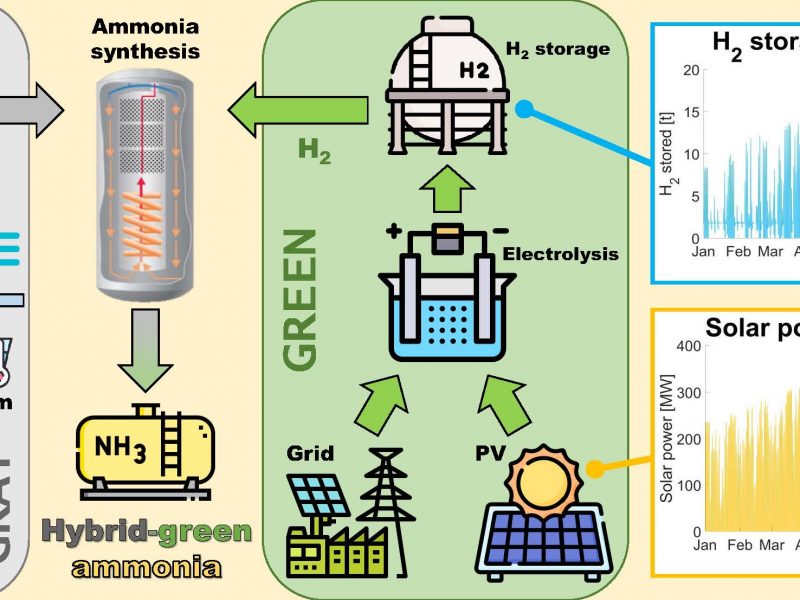The PSE-Lab just published a second paper in a joint collaboration with IRCCS San Raffaele Scientific Institute, Milan. The paper applies the physiologically-based pharmacokinetic model developed in our previous paper to estimate optimal dosages of methotrexate, an anti-cancer drug, as a function of the patient’s characteristics.
It is published in “Computers and Chemical Engineering“, an Elsevier journal:
Optimal dose and uncertainty estimation for individualized drug administration using pharmacokinetic models
Giuseppe Pesenti, Marco Foppoli, Davide Manca
DOI: 10.1016/j.compchemeng.2021.107421
Abstract
We propose and implement a pharmacokinetic model to estimate optimal dosages of methotrexate as a function of the patient’s characteristics. This approach tries to improve the standard protocol that is based on either fixed doses or a function of single covariates, which are generally sub-optimal for most patients.
Specifically, we focus on high-dose methotrexate administration and apply two pharmacokinetic models from the literature to assess the dose-response as a function of the individual degree of renal function, due to its importance in methotrexate elimination. We estimate model-informed optimal doses according to different targets, and the risk of methotrexate toxicity. We perform a Monte Carlo analysis to estimate the uncertainty associated with both suggested doses and the toxicity threshold.
Results show how pharmacokinetic models can support clinical drug administration by identifying room for improvement in current drug dosing and guiding the design of improved personalized clinical treatments.
Keywords: Model-informed precision dosing · Optimal dose · Pharmacokinetics · Renal function · Methotrexate
You can take advantage of a 50-day period to download the paper for free till September 17th, 2021.


